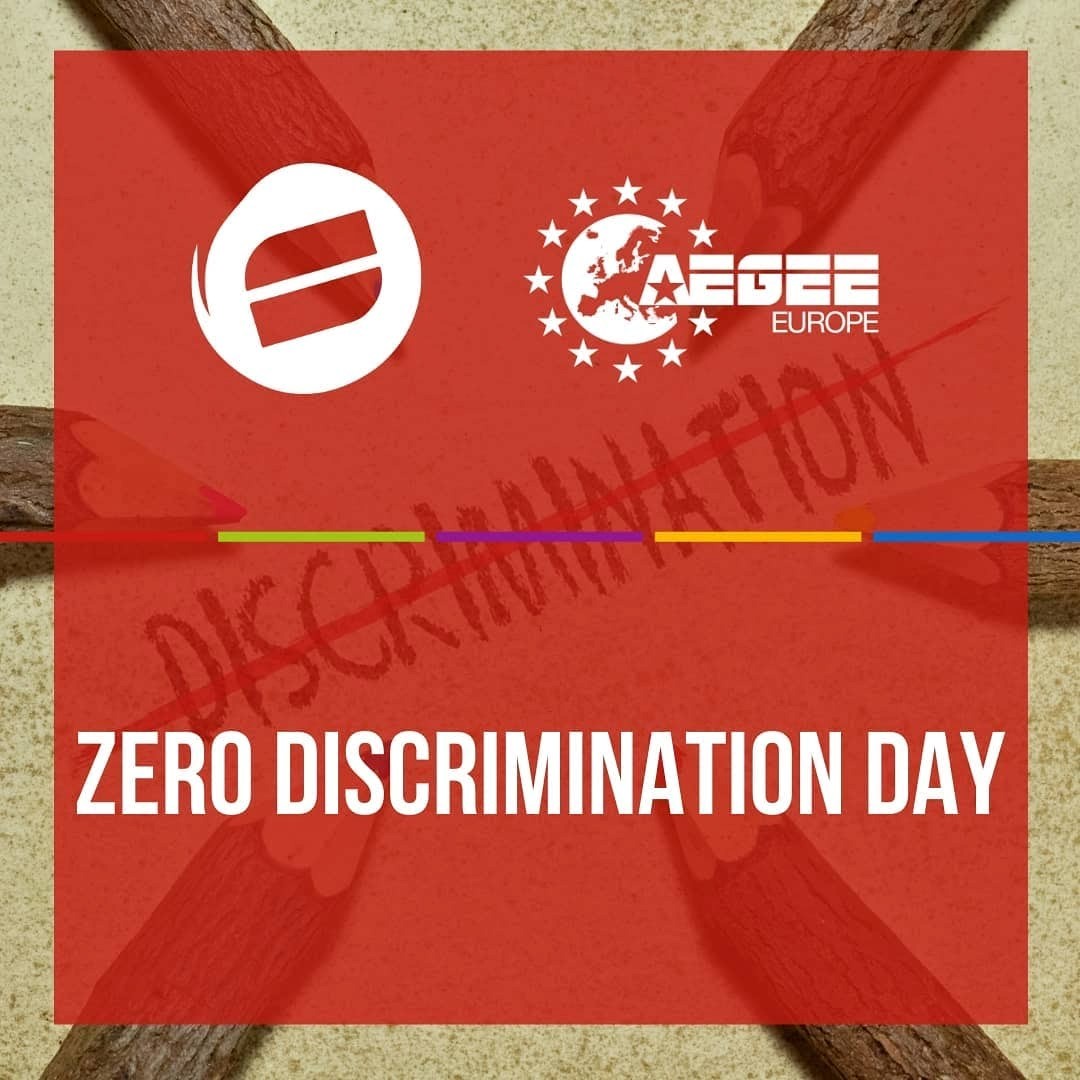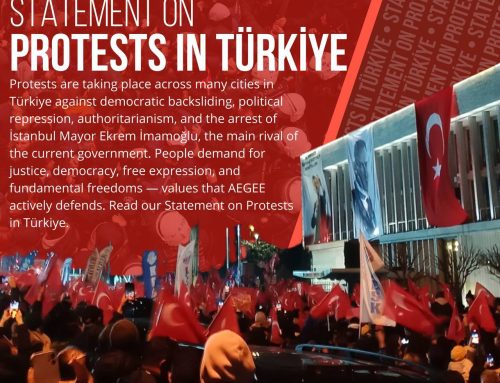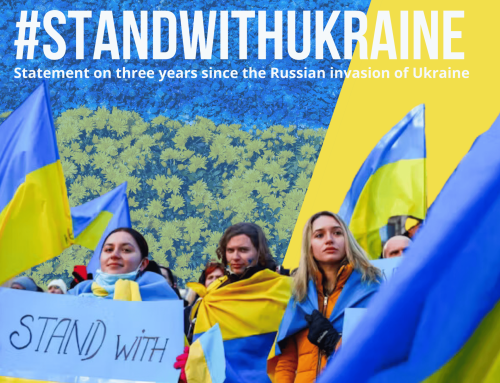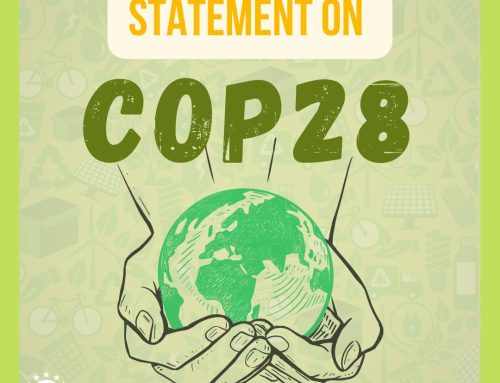Zero Discrimination Day was created in 2013 by UNAIDS, (the UN program on human immunodeficiency virus (HIV) and Acquired Immune Deficiency Syndrome (AIDS)) to celebrate the right of everyone to be free from discrimination.
As an organisation representing European youth, AEGEE-Europe wants to raises awareness of different forms of discrimination faced by young people. Young people encounter great challenges and deepening inequalities in the fields of education, employment, housing and health services, and experience structural, institutional and social barriers in accessing existing opportunities.Young people are often stuck in short-term, underpaid jobs and other precarious forms of employment, a situation which often fuels difficulties in accessing affordable housing as well as health services.
According to a research conducted by the European Youth Forum in 2014, in some situations age alone is a very significant ground of discrimination: 18% of survey respondents declared that they had experienced discrimination in looking for a remunerated job, and 24.7% faced difficulties in accessing bank services solely because of their young age. Nevertheless, in most cases age is an aggravating factor whenever young people already belong to vulnerable groups. 53.8% of young people in Europe have experienced discrimination in education, 42.40% in the workplace, 29.9% when looking for accommodation and 26.6% in healthcare. These inequities are due to multiple grounds: sex, gender identity, sexual orientation, race, ethnic origin, disability and much more. Young people are disproportionately impacted by discriminatory behaviors because their age adds up to other grounds of discrimination. Multiple and intersectional discrimination of young people is particularly difficult to address, because law and policies only focus on one ground of discrimination at the time, overlooking the interconnectedness and interplay of different identities.
In front of this reality, EU equal treatment legislation protects from discrimination on the ground of age only in employment and vocational training. A solution to this gap in legislation would be the approval of the Horizontal Equal Treatment Directive, which would offer comprehensive protection against discrimination in key areas of life, irrespective of a person’s sex, racial or ethnic origin, religion or belief, disability, age or sexual orientation. The European Commission presented a proposal for this new EU directive in 2008, but as of today no progress is made in the Council to arrive at an agreed text.
When it comes to equality bodies, these are mandated by the European Union to work on discrimination based on gender, race and ethnic origin, and a focus on age discrimination is completely missing. Even when equality bodies are presented with cases of ageism, their actions are limited by the low levels of casework and good practices and limited data. Ageism is not considered a priority and young people are not sufficiently aware of their rights, fuelling a vicious circle of under-reporting.
Age discrimination against young people significantly limits the possibilities which European youth can enjoy, is an obstacle to their full participation in social and political life and hinders the development of their potential in terms of skills, capabilities and talents. AEGEE-Europe aims at empowering young Europeans to take an active role in society and at providing them with self-development opportunities. Therefore, AEGEE-Europe firmly stands against any forms of discrimination and demands that institutions and policy-makers commit to providing all young people in Europe with the same opportunities, regardless of their age and background.
AEGEE-Europe, as an organisation advocating for the rights of young people all over Europe, demands that:
- EU legislators continue their efforts for the adoption of the Horizontal Equal Treatment Directive.
- EU funding targeting youth includes a stronger focus on equality, diversity and non-discrimination.
- Multiple and intersectional discrimination of young people is recognised as a priority, with adequate funding allocated for data-gathering and research in this area.
- EU, national and local level authorities cooperate with youth organisations in order to understand the needs and priorities of young people.
Sources:
- http://www.archive.equineteurope.org/IMG/pdf/young_people_perspective_web.2.pdf
- https://ec.europa.eu/info/policies/justice-and-fundamental-rights/combatting-discrimination/age-discrimination_en
- https://www.youthforum.org/sites/default/files/publication-pdfs/Multiple-discrimination-and-young-people-in-Europe.pdf






